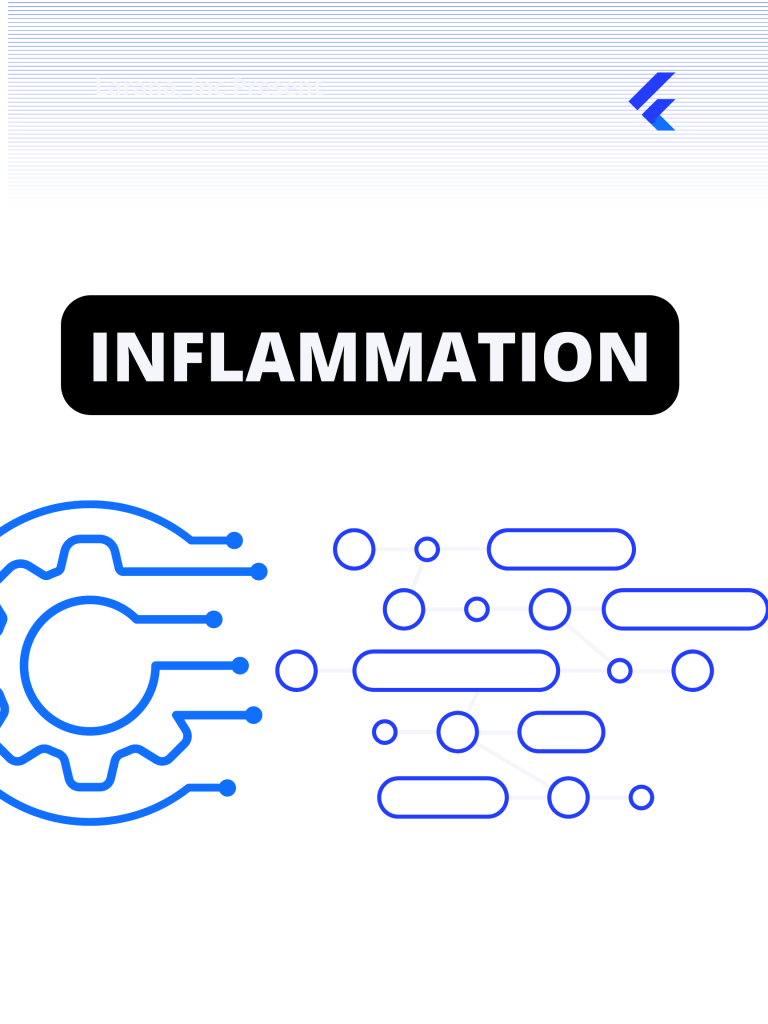
10 Home remedies to reduce inflammation
There are several conventional treatments available to manage inflammation, such as nonsteroidal anti-inflammatory drugs (NSAIDs) and steroids. However, many people prefer to use natural remedies for inflammation due to their affordability, availability, and minimal side effects.
Here are some effective home remedies that can help reduce inflammation:
- Ginger: Ginger contains gingerols and shogaols, which possess potent anti-inflammatory and antioxidant properties. Consuming ginger tea or adding ginger to your diet can help reduce inflammation and relieve pain associated with arthritis, menstrual cramps, and other inflammatory conditions.
- Turmeric: Turmeric is another spice that contains curcumin, a compound known for its anti-inflammatory properties. Studies have shown that curcumin can reduce inflammation and pain in conditions like osteoarthritis, rheumatoid arthritis, and inflammatory bowel disease. You can add turmeric to your meals or take it in supplement form to reap its benefits.
- Omega-3 Fatty Acids: Omega-3 fatty acids are essential fats that can reduce inflammation by blocking the production of inflammatory cytokines. They are found in fatty fish, such as salmon and sardines, as well as in nuts and seeds like flaxseed and chia seeds. Consuming omega-3 rich foods or taking supplements can help reduce inflammation and lower the risk of chronic diseases.
- Garlic: Garlic contains sulfur compounds that possess anti-inflammatory and immune-boosting properties. Adding garlic to your meals can help reduce inflammation and improve overall health.
- Green Tea: Green tea is rich in polyphenols, which possess anti-inflammatory properties. Drinking green tea regularly can help reduce inflammation and lower the risk of chronic diseases like heart disease and cancer.
- Exercise: Regular exercise can help reduce inflammation by promoting the production of anti-inflammatory cytokines. Low-intensity exercises like walking and yoga can be beneficial in reducing inflammation and improving overall health.
- Stress Management: Stress can trigger the release of inflammatory cytokines, leading to chronic inflammation. Practicing stress management techniques like meditation, deep breathing, and yoga can help reduce inflammation and improve overall health.
- Sleep: Poor sleep quality or lack of sleep can trigger inflammation. Getting adequate sleep can help reduce inflammation and improve overall health.
- Heat and Cold Therapy: Applying heat or cold therapy to inflamed areas can help reduce pain and inflammation. Using a hot compress or taking a warm bath can help reduce inflammation, while using a cold compress can help reduce pain and swelling.
- Massage: Massaging inflamed areas can help reduce pain and inflammation by promoting blood flow and reducing muscle tension. You can use essential oils like lavender or peppermint to enhance the massage experience.
In conclusion, chronic inflammation can lead to various health issues, but there are several natural remedies available to manage inflammation. Incorporating anti-inflammatory foods like ginger, turmeric, and omega-3 fatty acids into your diet, practicing stress management techniques, and getting adequate sleep and exercise can all help reduce inflammation and improve overall health. However, it is always essential to consult with a healthcare professional before starting any new treatment or supplement to ensure its safety and effectiveness.
Glossary:
Anti-inflammatory refers to drugs, supplements or lifestyle habits that reduce inflammation in the body, a process that plays a role in many chronic diseases.
Gingerols are bioactive compounds found in ginger root, known for their anti-inflammatory and antioxidant properties. They are responsible for the characteristic spicy taste and aroma of ginger.
Cold therapy, also known as cryotherapy, is a treatment that involves the application of cold temperatures to the body to reduce inflammation, pain, and swelling. It is commonly used to treat injuries and manage chronic pain.
Cytokines are small proteins that play a critical role in the immune system. They are produced by various types of cells in the body, including immune cells, and act as signaling molecules that help to coordinate the body’s response to infection, inflammation, and injury.
Read : Top 9 Benefits of turmeric



Add Comment